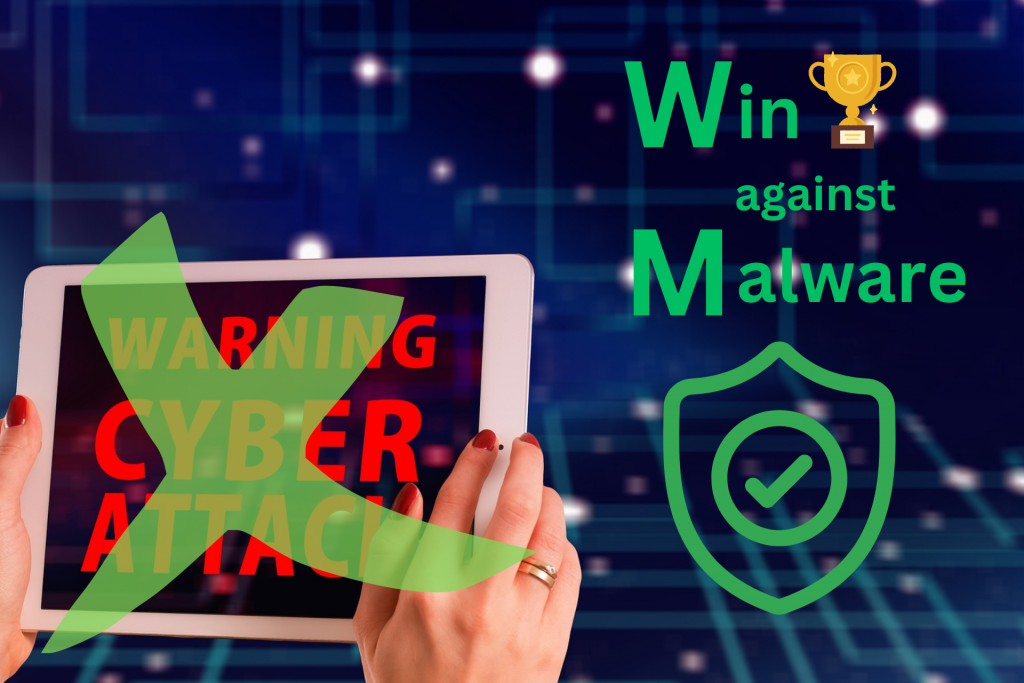Malware attacks are one of the less favorable topics associated with digital technology. Despite this, however, it is of utmost importance to talk about them. It is particularly noteworthy that these threats hit and affect small to medium businesses (SMBs) more than the larger companies. Although there are a lot of factors that cause that, one thing is for sure. Knowing what malware is and what other forms they can take allows you to know what to watch out for. Here are the things that the reliable professionals of a managed IT services company in New York want you to know about malware.
What exactly is malware? Experts at Managed IT Services Company explain.
Malware is the portmanteau of the words malicious and software. It is similar to viruses and bacteria that cause illness to humans but applied to the digital infrastructure. It is made to come in undetected. Once it, it then attacks the system causing a lot of damage. Once they overpower the system it can cause the computer and networks to go down.

Managed IT Services
What are the different types of malwares?
Here are what the Cybersecurity Experts at a Managed IT Services Company Says
The number of malwares out there is lost to count. Even cybersecurity and managed IT services professionals in New York do not have an exact number. However, some of the categories that they fall under would be data-stealing malware, business email compromise (BEC) and ransomware.
Data-Stealing Malware
As the name suggests, this kind of malware goes into your system and gathers as much information as they can. As such, this may include personal, financial and business details. They either use this data to directly steal from you or sell it to the highest bidder in the dark web. How will this be used against you after being sold? Nothing is for sure, but most likely dubiously and against you.
Ransomware
Imagine this, you are going about your day as usual. Your business is running smoothly, and you are expecting a lot of deals to close. Suddenly, you can no longer access your system. Your files are no longer readable and have been turned into a bunch of numbers and characters that do not make sense (a.k.a. encrypted). And then you get a message to pay-up or won’t get your system back. This scenario is the classic ransomware attack. It holds your business system hostage until they are happy with the payment sent to them.
Business Email Compromise (BEC)
This kind of malware gets into the business email. They either copy the CEO’s (or other executive’s) email address and ask staff to send money or confidential information. The recipient would most likely be a bank account or email address of the hacker, masked to look genuine. Similarly, the BEC can use your email to get in touch with your service providers, suppliers and even customers. Then they send invoices under your name, but payments are to be made to the hacker’s account.
Sounds like a thing of nightmares? Yes, it is. Unfortunately, businesses have fallen into these traps more and more every day.
Effects of Malware to Businesses
The obvious and most immediate result of this attack is the financial loss. However, cybersecurity and managed IT services professionals report that business loss is more than just money. The damage done to the company’s reputation is the loss that lingers longer. It also impacts customer trust and confidence. Hence, resulting in loss of business from, supposedly, an established customer base. Lastly, malware attacks can also impact operations. This may mean a temporary halt or an overhaul of the operating system.
Cybersecurity and Managed IT Services Professionals in New York Say: Your Business Can Fight Back!
There are many ways to protect your business. More so, there are also ways for you to fight back these threats from Malware. Here are some recommendations from cybersecurity and managed IT services professionals in New York:
Education
Train your staff to know what the red flags in emails and software are that they encounter every day. You are less likely you will get infiltrated by malware if you and your staff are more educated. You can have your managed IT services company in New York do the training for you and your team for a more comprehensive prevention plan on the human aspect of cybersecurity.

Managed IT Services
Install Updated Protection Software and Fortify Your Network
It is not just about having anti-virus and anti-malware software installed. You must have the updated versions of these to ensure you are protected. Choosing the correct software is also important.
Similarly, you must fully secure network. Install firewalls, encryption and other powerful defensive weapons. Talk to the reliable experts from your managed IT services partners in New York about this.
Back-up Plans
In case of security breach, business must still continue to operate. This means, you should have back-up after back-up of files and information should you need to temporarily shut down your current IT infrastructure. Have a secure way to save your files that you can restore when needed.
Create an incident response protocol along with this. Make sure everyone knows what to do in case of breach. This includes not just the recovery of data but also on how to continue operations despite being offline or having limited access. Similarly, you must report incidents and should follow state regulations regarding it, if applicable.
Zero Trust All the Way
Always be skeptical. Everything and everyone is suspicious unless otherwise proven. Create strong passwords, install MFA or multi-factor authentication systems, VPNs, among others. With the proliferation of deepfakes, you should also include in-person and out of office authentication steps. How this can be done and what protocols to follow must be discussed with your staff and executives.
Your Cybersecurity and Managed IT Services Partners in New York Can Help!
The threat of malware is never not overwhelming. However, your business can minimize possible breaches and, more importantly, damages. Schedule your consultation with your partners in cyber security and managed IT services in New York.
